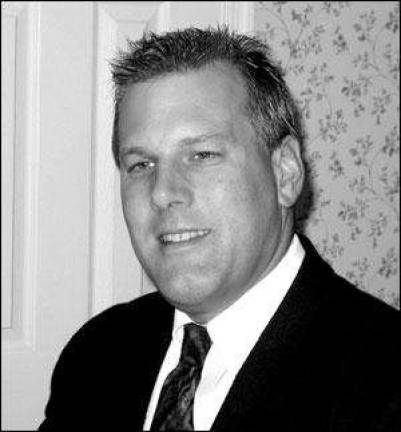Kevin Pollison

Grew up in Sparta 1960 - 1982, returned in 1998. Occupation: Director of Business Development - Telecommunications Industry Community Service: Annual Sparta Adopt-a-Road participant. Member of the Community Facilities Task Force (CFT). Current President - Shepherd of the Hills Lutheran Church. Football Coach - Sparta Blue Midgets. Softball Coach - Sparta Girls Softball. Director of the annual church flea market, benefiting the Samaritan Inn homeless shelter in Sussex. Participant in the Dover Faith Soup Kitchen, which feeds hundreds of homeless individuals and poor families in the Dover area. Over time, Sparta has been transitioning from a small rural community to a sizable suburb within the New York area. This transition requires proper planning and a sound vision as Sparta moves into the 21st century. The Town Center concept is an attempt to preserve the “character” of the downtown, but does not address the increased development in outlying areas. Continued residential development has put a strain on the schools, on recreation space and even on the safety of our citizens as evidenced by the need for increased police personnel and fire department infrastructure. At the same time, Sparta residents have seen their property taxes increase dramatically because of the town’s growth in population and shortfall of business rateables as an offset. 2. How do you plan to solve them? Firstly, I would encourage the creation of a community task force to look at Sparta’s Master Plan. This team of volunteers would work with township employees to set a vision for the future, and then implement and nurture that vision. There are many caring, dedicated and highly intelligent individuals who live and work in Sparta. The Community Facilities Taskforce, which researched the school enrollment crisis, was a perfect example of what can be done when citizens and officials work toward common goals. Secondly, the Town Council must reduce its budget and seek new revenue streams. Again, I would encourage greater public participation in the budgeting process. Every rock must be turned over in a quest to lower the taxpayer’s burden. If that means returning surplus monies to each taxpayer, then let’s do it. If that means finding an alternative to the funding of various county services such as the Sussex Tech, then let’s explore them. If that means asking hard questions and rooting out wasteful spending within the town, then let’s get started. Finally, the Town Council needs to take a more proactive leadership role when setting priorities for the future. Ribbon cuttings and ceremonial presentations are nice reminders of the town’s collective and individual successes, but responsive government is much more than that. A responsive government is one that communicates effectively with its constituency, and strives to include them at every turn. It is one that cooperates with its citizens and nurtures local businesses. It is one that is solely accountable for its decisions. A responsive government honors its past while planning for a better future. That is what I intend to work toward if elected.